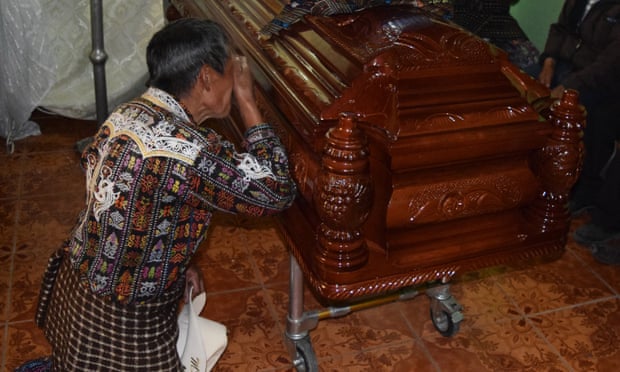By Samuel Miller
Impunity Watch Reporter, North America and Oceania
MARION, ALABAMA, United States of America — The SPLC filed a judicial ethics complaint against an Alabama judge who forced people unable to pay court fines and fees to give blood or face jail time. The judge’s announcement was made to dozens of defendants in a packed courtroom to deal with court fees.

Some of the 500 defendants gave blood to avoid jail, but their debt remained.
Perry County Circuit Judge Marvin Wiggins threatened defendants in his court with jail on September 17. Judge Wiggins noted that the Sheriff had enough handcuffs for those unable to pay and unwilling to donate blood, according to the complaint filed with the Judicial Inquiry Commission of Alabama.
According to the SPLC, Judge Wiggins said in a recording, “If you do not have any money and you don’t want to go to jail, consider giving blood today.”
The offenders were to be given a $100 voucher that would go toward their fines and fees for misdemeanor and traffic crimes. Wiggins said to consider the option of giving blood “a discount rather than putting you in jail.” However, no one who donated blood received any “discount” on their court debt; they simply received a reprieve from being thrown in jail.
Most of the people in the courtroom still owed thousands of dollars to the court, even after years of making payments, according to the complaint. Virtually every case included fees that indigent defendants had been charged to recoup money for their court-appointed counsel
Without speaking to the judge about their financial situation, many indigent defendants gave blood out of fear of going to jail. The complaint outlines several ethics violations, including failure to demonstrate professional competence and failure to uphold the integrity of the law.
Some lawyers have questioned the constitutionality of it all.
In its complaint, the SPLC has claimed Judge Wiggins’ violated both Alabama statutory law and constitutional law.
“By jailing people for their inability to pay, the city violates their 14th Amendment right to due process and equal protection under the law. The warrantless arrests violate Alabama law and the Fourth Amendment protection against unreasonable searches and seizures. The arrests also violate individuals’ right to counsel, protected by the Sixth Amendment.”
“People who couldn’t pay their court debt with cash literally paid with their blood,” said Sara Zampierin, SPLC staff attorney. “This is a shocking disregard for not only judicial ethics but for the constitutional rights of defendants.”
The Judicial Inquiry Commission could recommend that Wiggins face ethics charges in the Alabama Court of the Judiciary.
For more information, please see:
BBC News — Alabama judge orders defendants to give blood to avoid jail – 20 October 2015
CBS News – Judge to defendants: To avoid jail, pay court fees, or give blood – 20 October 2015
NPR — Alabama Judge Accused Of Telling Offenders To Give Blood Or Go To Jail – 20 October 2015
Reuters — Alabama judge accused of telling debtors to give blood or face jail time – 20 October 2015
SPLC — SPLC ethics complaint: Alabama judge forced defendants with court debt to give blood or go to jail – 20 October 2015
Time — Alabama Judge Tells Offenders to Give Blood or Face Jail – 20 October 2015



